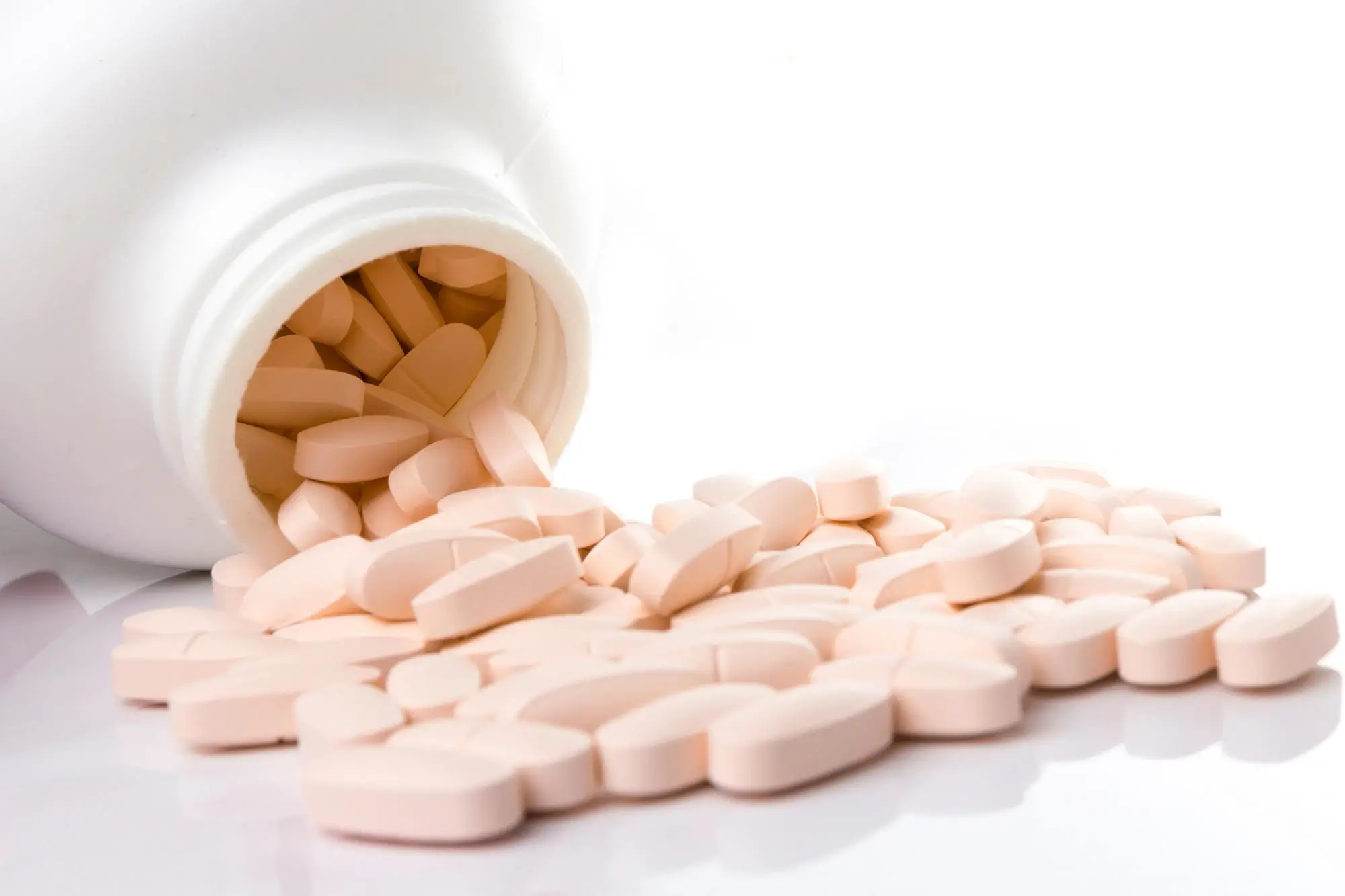Summary of Alzheimer’s Breakthrough As Scientists Link NAD+ Supplements to Reduced Biomarkers in the Brain:
Researchers at the University of Delaware and the National Institute on Aging have found that nicotinamide riboside, a naturally occurring dietary supplement, can enter the brain and alter the metabolism of relevant biological pathways involved in neurodegenerative diseases like Alzheimer’s. This discovery is significant as it is the first time that nicotinamide riboside’s impact on the brain has been determined. The researchers discovered that NR can alter the metabolism of relevant biological pathways involved in neurodegenerative diseases like Alzheimer’s. Researchers found a correlation between these neurodegenerative biomarkers and change in NAD+.
Dietary Supplement Nicotinamide Riboside Can Enter the Brain and Alter Metabolism
Scientists from the University of Delaware and the National Institute on Aging have made a discovery that could make a huge impact on the field of neuroscience. They have found that nicotinamide riboside, a naturally occurring dietary supplement, can enter the brain and change the metabolism of biological pathways associated with neurodegenerative diseases such as Alzheimer’s. This finding is significant as it reveals the first-ever evidence of nicotinamide riboside’s effect on the brain.
The discovery was made by Christopher Martens, an assistant professor of kinesiology and applied physiology, and Dr. Dimitrios Kapogiannis, a senior investigator at the National Institute on Aging. Their work was supported by a grant from the National Institutes of Health (NIH) and in part by the Intramural Research Program of the NIH National Institute on Aging. The study was recently published in the journal Aging Cell.
Nicotinamide riboside is readily converted into nicotinamide adenine dinucleotide (NAD+), which is critical to cellular repair and the repair of damaged DNA. As we age or develop chronic illnesses, we lose NAD+. Loss of NAD+ can lead to various health problems, including neurodegenerative diseases. Hence, it’s essential to counteract those negative consequences by increasing NAD+. However, until now, it was unknown whether NR could reach targeted organs or brain to have therapeutic effects.
The researchers measured NAD+ directly in tiny particles called extracellular vesicles that originated from neurons and ended up in the blood. These extracellular vesicles are cutting-edge blood-based biomarkers for brain disorders and serve as a “liquid biopsy” of neurons. Specifically, they selected vesicles that carry markers that are characteristic of neurons, and so they have confidence that the NAD+ they measured in them reflects what happens in the neurons, and by extension, the brain.
The researchers found that NAD+ levels went up in these vesicles after six weeks. The increase in NAD+ was associated with a change in the biomarkers of neurodegenerative disease, such as amyloid beta and tau, which are both related to Alzheimer’s disease. The researchers also found a correlation between these neurodegenerative biomarkers and changes in NAD+. The larger the increase in NAD+, the larger was the change in some of the disease biomarkers. These findings suggest that NAD+ not only enters the brain but also has some impact on its metabolism and multiple interrelated pathways.
Nicotinamide riboside could be a promising supplement for various chronic diseases such as Alzheimer’s. Currently, almost all drugs on the market for patients with Alzheimer’s have only a modest effect on the symptoms but do not significantly slow the underlying progression of the disease. This is why Martens is leading a study involving NR in older adults with mild cognitive impairment. The study aims to determine whether increased consumption of NR has a larger effect on people with cognitive impairment.
As a result, this research could change the way we diagnose and treat Alzheimer’s and other neurodegenerative diseases. The findings suggest that the negative effects of aging and lifestyle habits could be counteracted by increasing NAD+ levels in the brain. With more research and testing, nicotinamide riboside supplements might become the norm for counteracting such negative effects.


